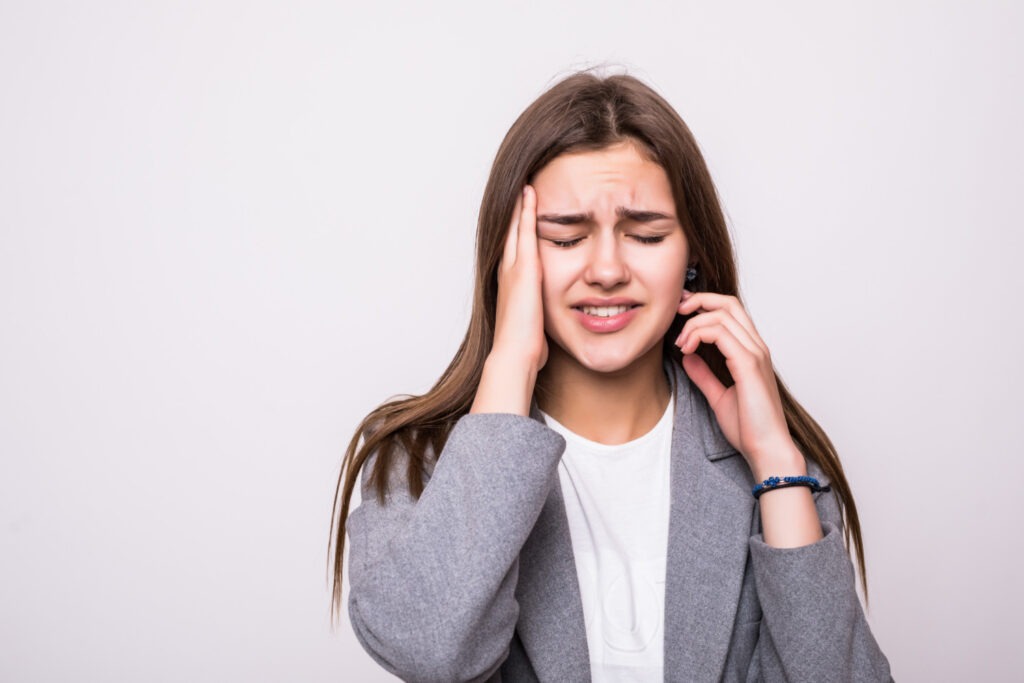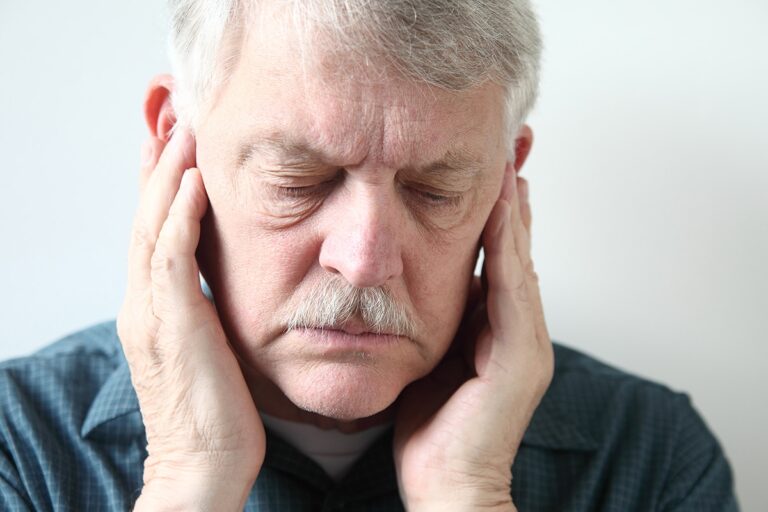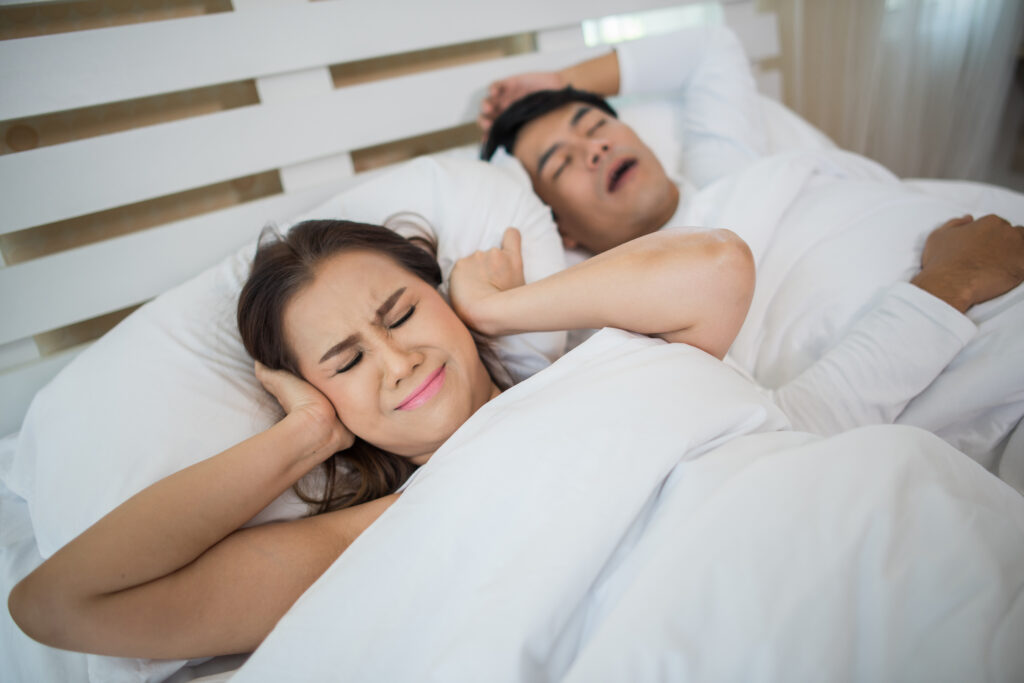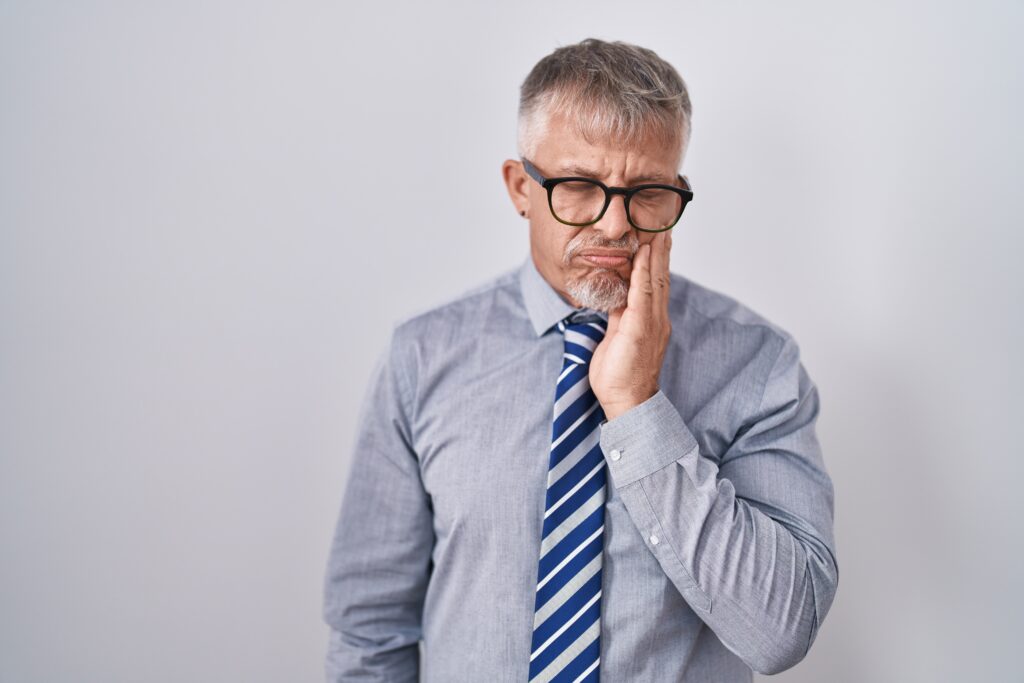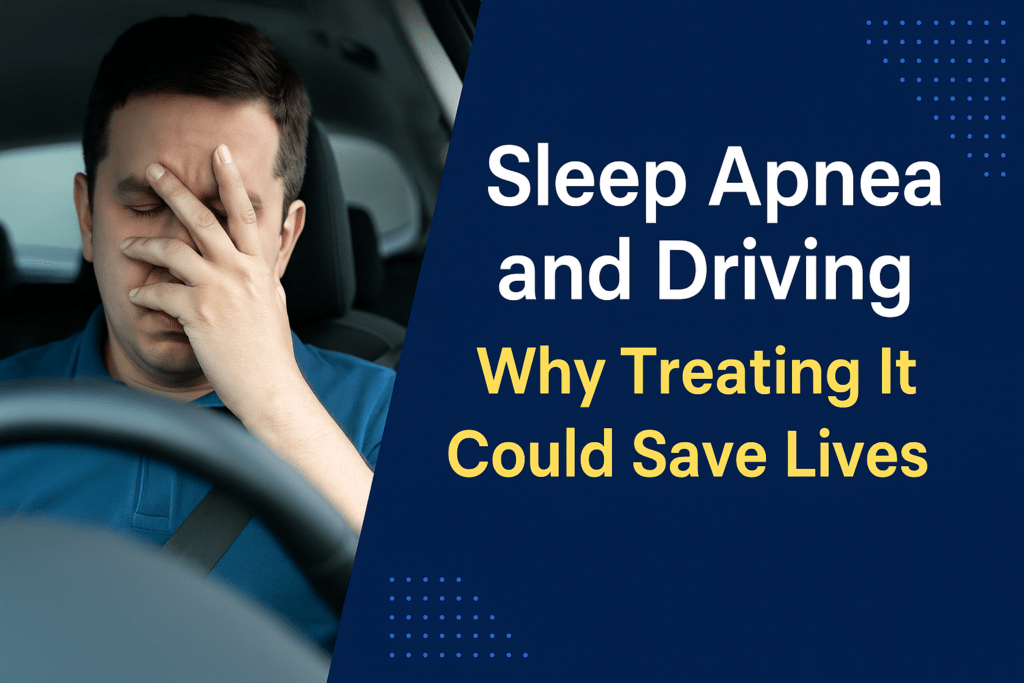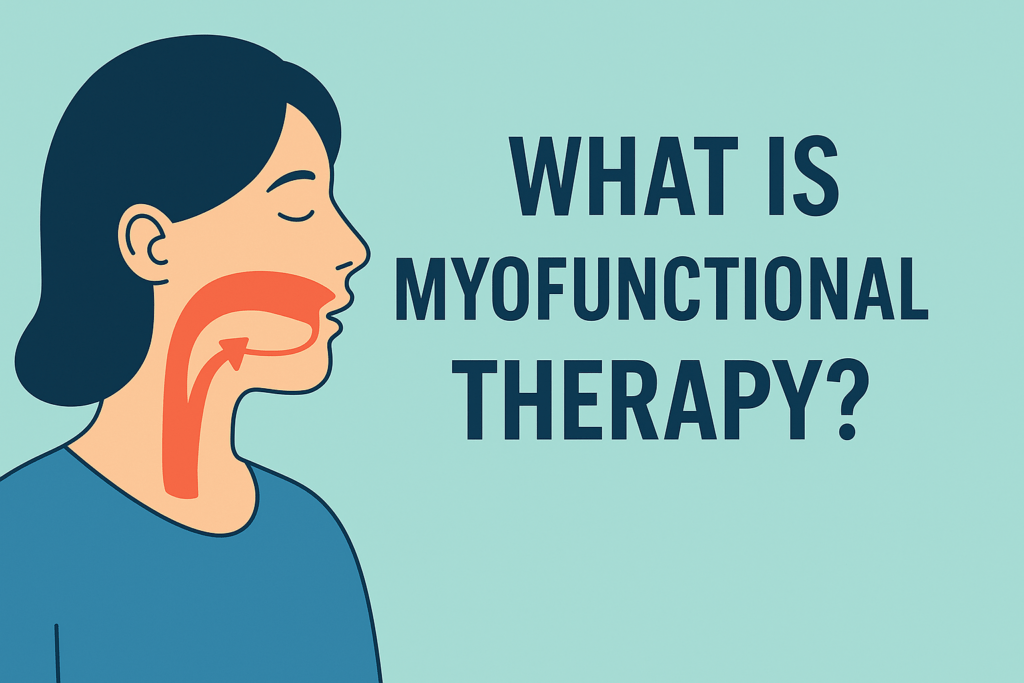Facial Pain Clinic in Mumbai: TMJ Sleep Clinic Offers Lasting Relief Beyond Painkillers
Living with facial pain is exhausting. It drains your energy, messes with your sleep, and turns everyday tasks—chewing, talking, smiling—into a struggle. If you’re in Mumbai and dealing with persistent facial discomfort, jaw tension, or unexplained headaches, there’s one place that doesn’t just treat symptoms—it finds the root cause: TMJ Sleep Clinic, led by Dr. Srishti Tody. Unlike general dental or ENT clinics, TMJ Sleep Clinic is one of India’s only dedicated centers for orofacial pain—pain involving the face, jaw, head, and neck. And that makes all the difference. Why Does Facial Pain Happen? Facial pain can come from many different sources—which is exactly why it’s often misdiagnosed or mistreated. Some of the most common causes include: TMJ disorders (issues with the jaw joint) Trigeminal neuralgia Bruxism (teeth grinding or clenching) Muscle strain from poor posture Sinus or dental infections Nerve inflammation Sleep-disordered breathing Referred pain from the neck or ears People often bounce between dentists, neurologists, and ENTs looking for relief—and still end up without clear answers. That’s where a focused facial pain clinic like TMJ Sleep Clinic steps in. Here, you’re evaluated holistically—looking at how your muscles, joints, nerves, airway, and sleep patterns all interact. What to Expect at TMJ Sleep Clinic From the moment you walk in, it’s clear this isn’t your average clinic. The space is designed for focused, one-on-one care—backed by deep diagnostics and evidence-based treatment. Here’s what the process looks like: Detailed Case Review – Dr. Tody listens closely to your full history—where it hurts, when it started, how it affects your daily life, even how you sleep. Neuromuscular and Jaw Joint Assessment – She checks your posture, facial muscles, and jaw movement to identify tension, strain, or dysfunction. Custom Treatment Plan – Based on your specific needs, you may be prescribed: Jaw orthotics (custom splints) Myofunctional therapy (targeted facial exercises) Trigger point release Posture and airway rehabilitation Everything is tailored. The focus is on lasting relief—not painkillers or temporary patches. Who Should Visit a Facial Pain Clinic? If any of this sounds like your life, TMJ Sleep Clinic may be the right place to start: You’ve had facial pain for more than 3 months Your jaw feels tight, sore, or makes popping sounds You wake up with headaches or jaw tension You’ve seen multiple specialists with little improvement Your pain shifts—from your jaw to temples to ears Even if someone told you “it’s just stress” or “you’ll have to live with it”—you don’t. Chronic facial pain is real, and with the right care, it can be treated.

